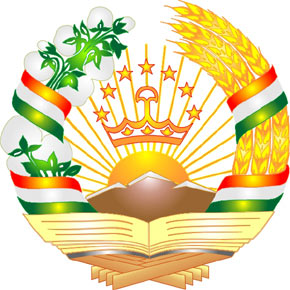
Driving rural development and adaption to the effects of climate change by empowering local communities
Tajikistan is a small landlocked country in the heart of Central Asia, with a majority of its population living in rural areas, highly susceptible to natural disasters such as floods, landslides, and droughts. Only 7 percent of the total land area (143,000 square kilometres) is arable and low agricultural productivity leaves those below the poverty line vulnerable to shocks and stresses, in particular women.
It is in this context that Tajikistan's National Development Strategy, and the National Strategy for Climate Change Adaptation (forthcoming), outline the urgent need to promote sustainable and resilient economic growth that ensures food security and contributes to poverty reduction as the climate changes especially in rural areas.
The EFCA-Tajikistan uses a mixed-method approach in addressing climate change induced vulnerabilities for rural populations. We believe that building the capacity of beneficiaries is key to ensuring that projects strengthening climate resilience are sustainable. Capacity is not only needed in terms of the agricultural technologies used and techniques applied but also in terms of having a holistic understanding of the economic, legal and social opportunities as well as responsibilities such projects entail.


.png)



This project aims to strengthen the role of CSOs in the design and implementation of rural development projects in Tajikistan by strengthening their ability to work through Mahalla Committees. More details ...
The donors Environmental Land Management and Rural Livelihoods Project (ELMARL) supported rural populations to invest in climate resilience. Within the frame of that project, we were tasked with building the capacity of ELMARL beneficiaries to close existing knowledge gaps on economic, social and legal issues to sustain the impact on rural livelihoods. More details ...
EFCA-Tajikistan supported twelve initiatives to reduce soil erosion and increase the productivity of land.